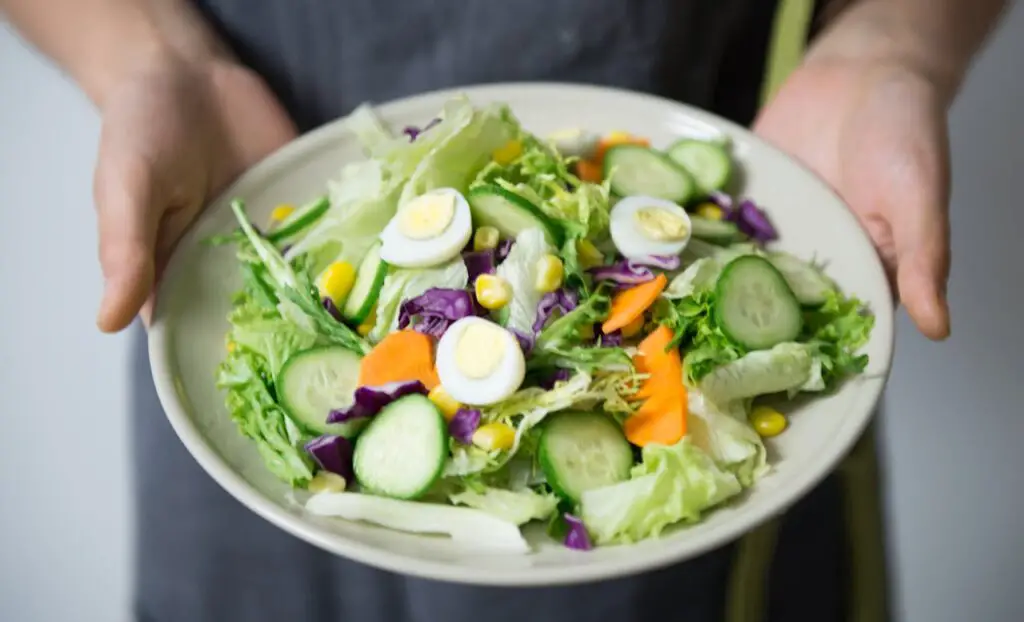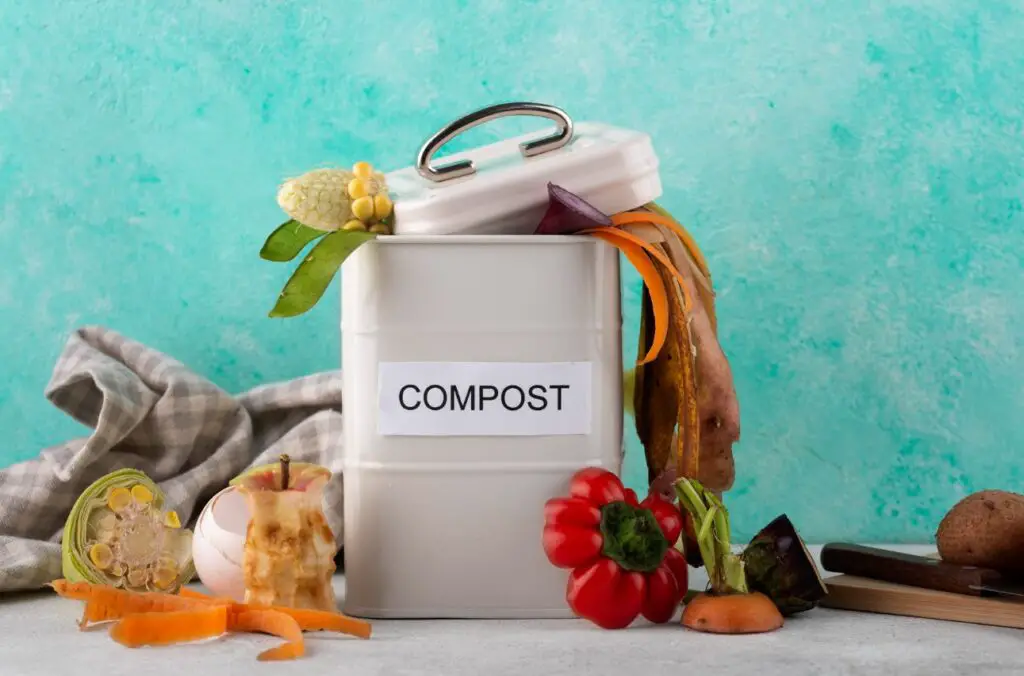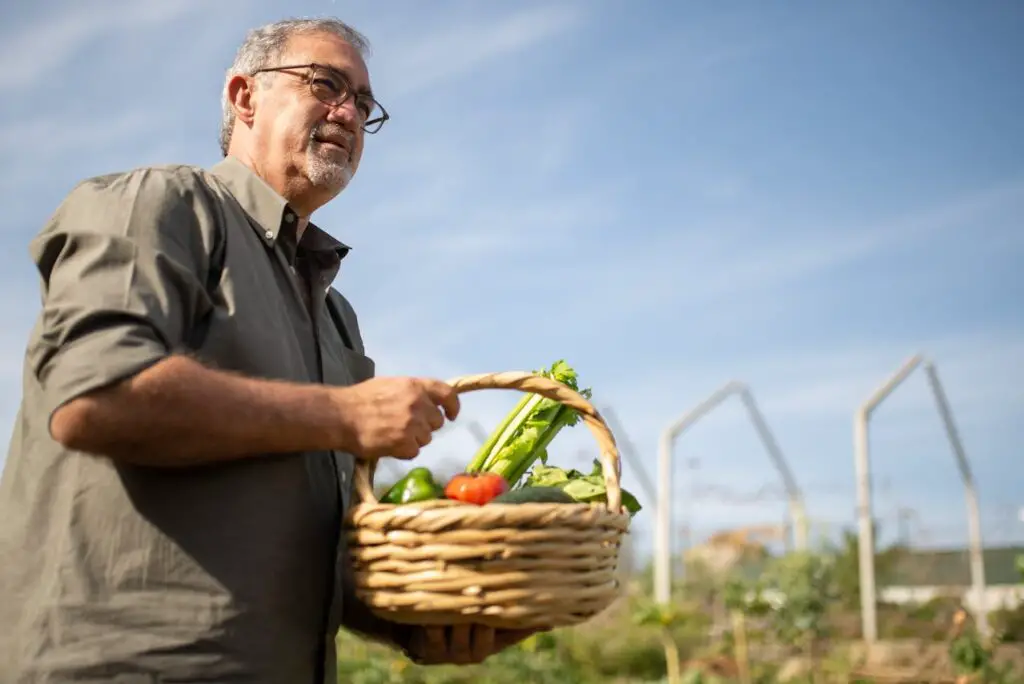7 Eco-Friendly Lifestyle Changes You Can Actually Stick To

Looking to make a difference for the planet—but without flipping your life upside down? You’re not alone. For many of us over 50, we want to do right by the Earth, but we also value comfort, routine, and, let’s be honest, a little convenience. The good news? Living a greener life doesn’t have to mean giving up everything you enjoy.
These seven eco-friendly lifestyle changes are easy to adopt, budget-friendly, and—most importantly—realistic. Whether you’re retired, semi-retired, or still working, these simple shifts can reduce your environmental footprint while fitting right into your day-to-day life.
1. Switch to Reusable Shopping Bags (and Keep Them Where You’ll Use Them)

Let’s start with a classic that actually makes a difference: ditching single-use plastic bags. Americans use 100 billion plastic bags each year, most of which end up in landfills or as litter. Reusable shopping bags are a small change with a big impact.
The key is making them accessible. Keep a few in your car, one by the front door, and even one in your purse or glove box. Foldable options make it easy. Choose bags that are washable, durable, and even a little stylish—because let’s face it, nobody wants to carry around something that looks like it came from 1972 unless it’s vintage-chic.
2. Ditch the Plastic Water Bottles for a Refillable One You Love

We get it: bottled water is convenient. But here’s the truth—it’s expensive and incredibly wasteful. Americans throw away 35 billion plastic water bottles each year. A reusable water bottle not only saves you money, it reduces plastic waste and keeps you hydrated without guilt.
Pick a bottle you actually like using—something insulated to keep your drink cold, easy to clean, and with a wide mouth for adding ice or lemon slices. Leave it by your keys so you remember it when you go. You’ll be surprised how quickly this small habit sticks.
3. Embrace Meatless Mondays (or Any Day You Choose)

You don’t have to go full vegetarian to make an environmental difference. Cutting back on meat just one day a week can reduce greenhouse gas emissions, conserve water, and even improve your health. The “Meatless Monday” movement is simple: swap out meat-based meals for plant-based ones once a week.
Think hearty veggie soups, pasta primavera, black bean tacos, or even a grilled portobello burger. Many baby boomers grew up on home-cooked meals full of beans, rice, and veggies—so you’re already halfway there. Bonus: plant-based meals are often cheaper and easier on the digestive system, too.
4. Opt for Cloth Napkins and Kitchen Towels Instead of Paper

This is a change that feels fancy but is actually quite down-to-earth. Swapping paper towels and napkins for cloth versions is better for the environment and your wallet. You’ll be amazed how long a good set of cloth napkins or kitchen towels lasts—and how much less trash you generate.
Keep a little basket or drawer in the kitchen for used ones, and wash them with your regular laundry. No extra effort needed. Look for easy-care cotton or linen in patterns you like—something that adds a touch of personality to your kitchen table.
5. Buy Less, Buy Better: Choose Quality Over Quantity

One of the best ways to live more sustainably is to simply consume less. As the old saying goes: “Buy cheap, buy twice.” Choosing fewer, better-made items—whether it’s clothes, tools, or home goods—reduces waste and saves money in the long run.
When shopping, ask: Will this last? Do I really need it? Can I repair it if it breaks? Many boomers remember when things were made to last—let’s bring that mindset back. Thrift stores, vintage shops, and local artisans are great places to find high-quality, eco-friendly goods with character and charm.
6. Cut Down on Energy Waste Without Freezing (or Sweating)

Reducing energy use doesn’t mean sitting in the dark or sweltering in summer. Start by sealing drafty windows and doors, switching to LED lightbulbs, and adjusting your thermostat just a few degrees. Use ceiling fans wisely and unplug electronics you’re not using—those “vampire” devices still draw power even when turned off.
Consider installing a programmable thermostat to manage your heating and cooling more efficiently. If you’re able, upgrading to energy-efficient appliances when old ones wear out is a long-term money and energy saver. You stay comfortable while doing your part for the planet.
7. Start Composting (It’s Easier Than You Think)

Composting might sound like something only hardcore gardeners do, but it’s surprisingly doable—even if you don’t have a big yard. Food scraps and yard waste make up 30% of what we throw away, but composting turns that waste into nutrient-rich soil for your plants, lawn, or local garden.
Countertop compost bins now come with charcoal filters (read: no smell), and curbside compost programs are growing in many communities. You can also start a simple compost pile in the backyard. Not only is it eco-friendly, it’s kind of fun—and your garden (or your neighbor’s) will thank you.
Final Thoughts

You don’t need to go off the grid or live out of a tiny house to live a greener life. Eco-friendly living is really about being thoughtful—choosing reusable over disposable, quality over quantity, and habits that benefit both you and the planet.
As a baby boomer, you’ve seen decades of change and progress. These small, meaningful lifestyle shifts are well within your reach—and the future generations (including your grandkids!) will thank you. Try one change at a time and make it your own. Living sustainably doesn’t have to be overwhelming. In fact, it can feel pretty darn good.
Leave a Reply